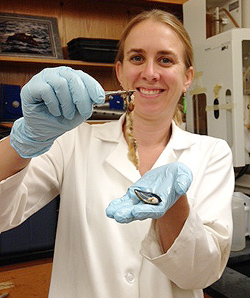Feb. 6-8: Art music festival free to public

The WSU Festival of Contemporary Art Music, one of the University’s signature events, will feature guest composer Dana Wilson, whose works have been performed and/or commissioned by diverse ensembles worldwide.
Free, public events Feb. 6-8 include the Student Composers’ Concert, featuring new music written by WSU students and performed by School of Music faculty and students. The Faculty Composers’ Concert presents works by Scott Blasco, Ryan M. Hare, David Jarvis and Gregory Yasinitsky. The Electroacoustic Music Concert features the world premiere of a surround-audio minimalist/drone composition by Blasco and a genre-bending and -blending (“hybrid vaporwave/dance/noise”) composition.


